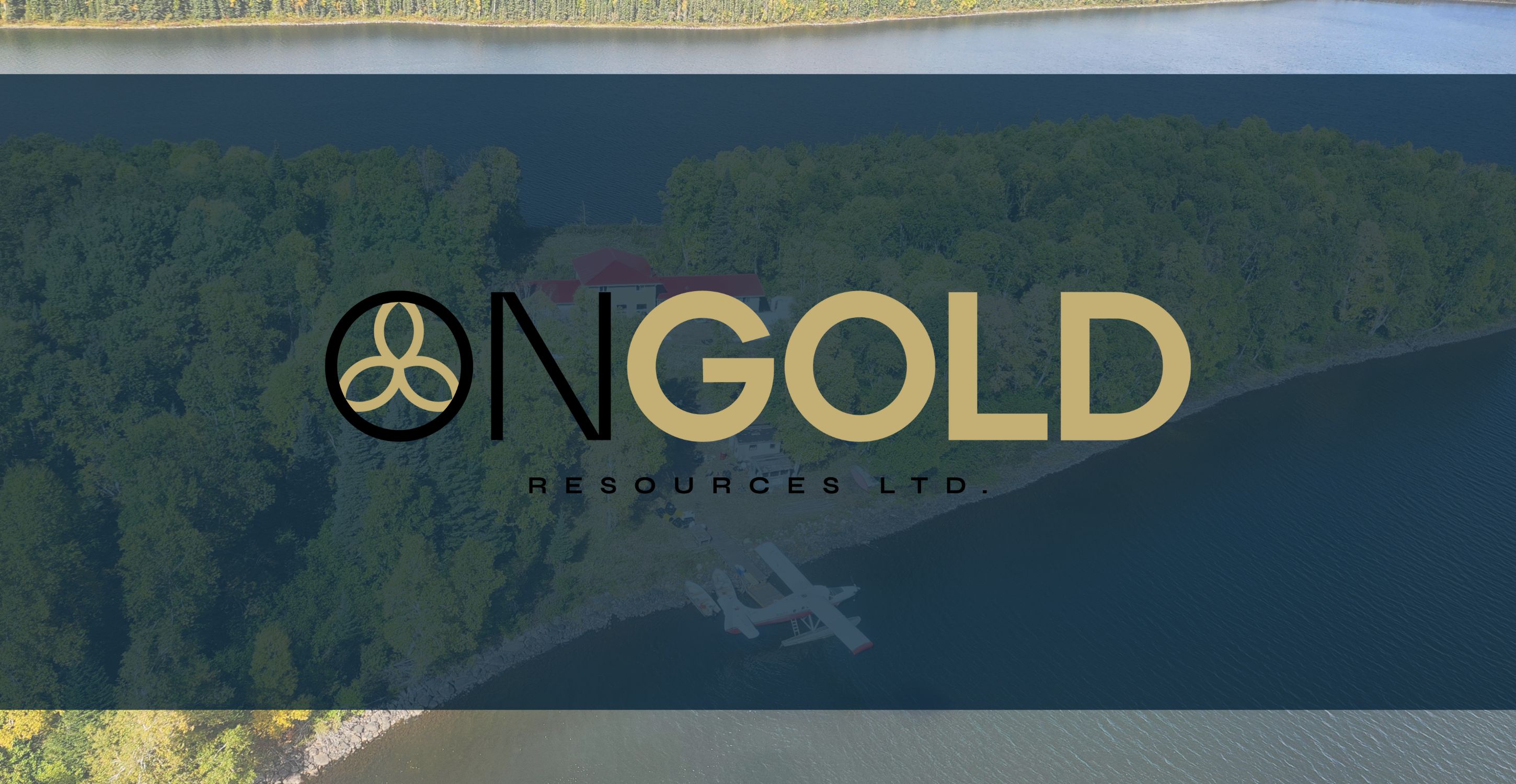BMO: Sustainability and Investment Performance: Can You Have Both?
BMO: Sustainability and Investment Performance: Can You Have Both? …

ESG investing, also known as Responsible or Sustainable investing, stands for Environmental (Climate Change • Water Management • Pollution), Social (Labour Standards • Human Rights • Healthy and Safety) and Governance (Executive Pay • Business Ethics • Board structure) – three key performance attributes that measure the sustainability and societal impact of a business. This concept has quickly gained acceptance among institutions and everyday investors alike because it provides a way to identify and reward companies for good behaviours. Better still, research shows that ESG factors can also have a positive impact on performance.
The ESG objectives of a company can impact shareholder value in different ways. Some companies look to limit exposure to negative risks, like an environmental catastrophe, to mitigate against the loss of company value. After all, if a catastrophe like 1989’s Exxon Valdez spill of 11 million gallons of oil off of the Alaskan shore happened in the age of instant social media, it would likely be reflected in share prices in minutes if not seconds – a lesson which is not lost on today’s corporations.
On the other hand, some pursue ESG objectives as opportunities, like automobile manufacturers with plans to transition their business to reduced or zero-emissions sales. Other examples include companies committed to sustainably and ethically sourced materials like fair trade coffee beans, sweatshop-free clothing, or organic cotton and linen.
At the same time as many companies are proactively committing to sustainable goals and practices, regulatory regimes are also catching up, and ESG standards are quickly becoming not only encouraged but often required in many different spheres.

As a result, ESG factors can have a significant positive impact on a company’s financial performance, so it’s important for investors to know how a firm manages its responsible investment practices.
In fact, numerous studies confirm the link between a company’s sustainable practices and financial and operational performance. For example, a 2017 study by Bank of America Merrill Lynch showed that companies with poor ESG standards have higher volatility in earnings per share than their peers.1 At a fund level, a 2015 Morgan Stanley study showed that US sustainable equity mutual funds usually had equal or higher returns, and equal or lower volatility, than their mainstream peers.2
Finally, for a view from the academic world, a 2015 meta-analysis by the University of Oxford reviewed over 190 studies and found that 88% showed a positive relationship between company-level sustainable practices and operational performance.3
The evidence is strong that taking ESG factors into account can improve risk-adjusted returns and help protect against volatility and downside risk, so investors, and companies, neglect ESG at their own risk. Today, corporations make ESG disclosures public and available for investors, similar to how financial disclosures are made. Another way to measure ESG performance is through rating agencies like MSCI and Morningstar, along with an increasing number of smaller organizations. These companies allow investors to rank companies against ESG criteria, and compare them to their peers on a sustainability scale. They draw on annual reports, media stories, the outcomes of shareholder meetings, data on executives, investment analytics and more. Ratings can vary among rating agencies as there is currently no standardized approach used to measure the sustainability of a company.
Like other investments, the performance of an ESG investment is often dependent on the approach you adopt. That approach can be either passive or active. A passively managed investment, like most ESG Exchange Traded Funds (ETFs), is designed to provide a similar sector exposure to the broad market, and seeks to perform in line with the benchmark. They offer a simplified, low-cost experience that comes from replicating the index.
Actively managed investments, on the other hand, are designed to offer enhanced returns with the goal to outperform a specific index. They’re administered by a portfolio manager who actively researches companies or economic data and trades securities like stocks and bonds to achieve better returns. These investments typically offer more choice and flexibility, and come with higher fees and sometimes more risk, as well as the potential for a bigger payoff.

However, choosing an appropriate investment strategy is only the start. When you invest in a mutual fund or ETF, the fund manager has an opportunity to influence positive change through active ownership in many corporations by engaging directly with the companies and utilizing proxy votes. In turn, investors should ensure that fund managers remain engaged on their behalf to influence change related to ESG issues and improve a company’s performance over the long run.
A proxy vote is a ballot cast by a fund manager on behalf of shareholders to vote on issues that range from the election of board members, merger or acquisition approvals, or executive salary and benefits. It’s one of the most powerful tools an ESG fund manager has, to promote sustainability issues in companies they have invested in. Your advisor should continually question fund managers about their votes as well as their engagement activities via company meetings, and the progress being made on related initiatives.
As a manager of responsible mutual funds and ETFs, BMO continuously uses its influence to improve ESG standards and behavior. All their active investment teams integrate ESG considerations into their decisions and they continue to develop funds and solutions dedicated to responsible investing.
BMO offers a variety of passive investments, such as ESG ETFs – including equity, fixed income, and specialty ETFs, as well as actively managed ESG ETFs and mutual funds, like the BMO Sustainable Portfolios and the BMO Women in Leadership Fund.
Visit bmogam.com or bmo.com/esg to learn more about responsible investing with BMO.
1 ESG Part II: A Deeper Dive’, Bank of America Merrill Lynch (2017)
2 Sustainable Reality’, Morgan Stanley Institute for Sustainable Investing (2015)
3 From the stockholder to the stakeholder’, University of Oxford and Arabesque Partners (2015)
Commissions, management fees and expenses (if applicable) may be associated with investments in mutual funds and exchange traded funds (ETFs). Trailing commissions may be associated with investments in mutual funds. Please read the fund facts, ETF Facts or prospectus of the relevant mutual fund or ETF before investing. Mutual funds and ETFs are not guaranteed, their values change frequently and past performance may not be repeated.
For a summary of the risks of an investment in BMO Mutual Funds or BMO ETFs, please see the specific risks set out in the prospectus of the relevant mutual fund or ETF . BMO ETFs trade like stocks, fluctuate in market value and may trade at a discount to their net asset value, which may increase the risk of loss. Distributions are not guaranteed and are subject to change and/or elimination.
BMO Mutual Funds are offered by BMO Investments Inc., a financial services firm and separate entity from Bank of Montreal. BMO ETFs are managed and administered by BMO Asset Management Inc., an investment fund manager and portfolio manager and separate legal entity from Bank of Montreal.
Any statement that necessarily depends on future events may be a forward-looking statement. Forward-looking statements are not guarantees of performance. They involve risks, uncertainties and assumptions. Although such statements are based on assumptions that are believed to be reasonable, there can be no assurance that actual results will not differ materially from expectations. Investors are cautioned not to rely unduly on any forward-looking statements. In connection with any forward-looking statements, investors should carefully consider the areas of risk described in the most recent simplified prospectus.
BMO Global Asset Management is a brand name that comprises BMO Asset Management Inc. and BMO Investments Inc.
®/™Registered trade-marks/trade-mark of Bank of Montreal, used under license.
FULL DISCLOSURE: BMO is a client of BTV-Business Television. This article does not constitute investment advice. Each reader is encouraged to consult with his or her individual financial professional. Any action taken as a result of reading information here is the reader’s sole responsibility.
Latest Posts
Hot Companies
You might also like






